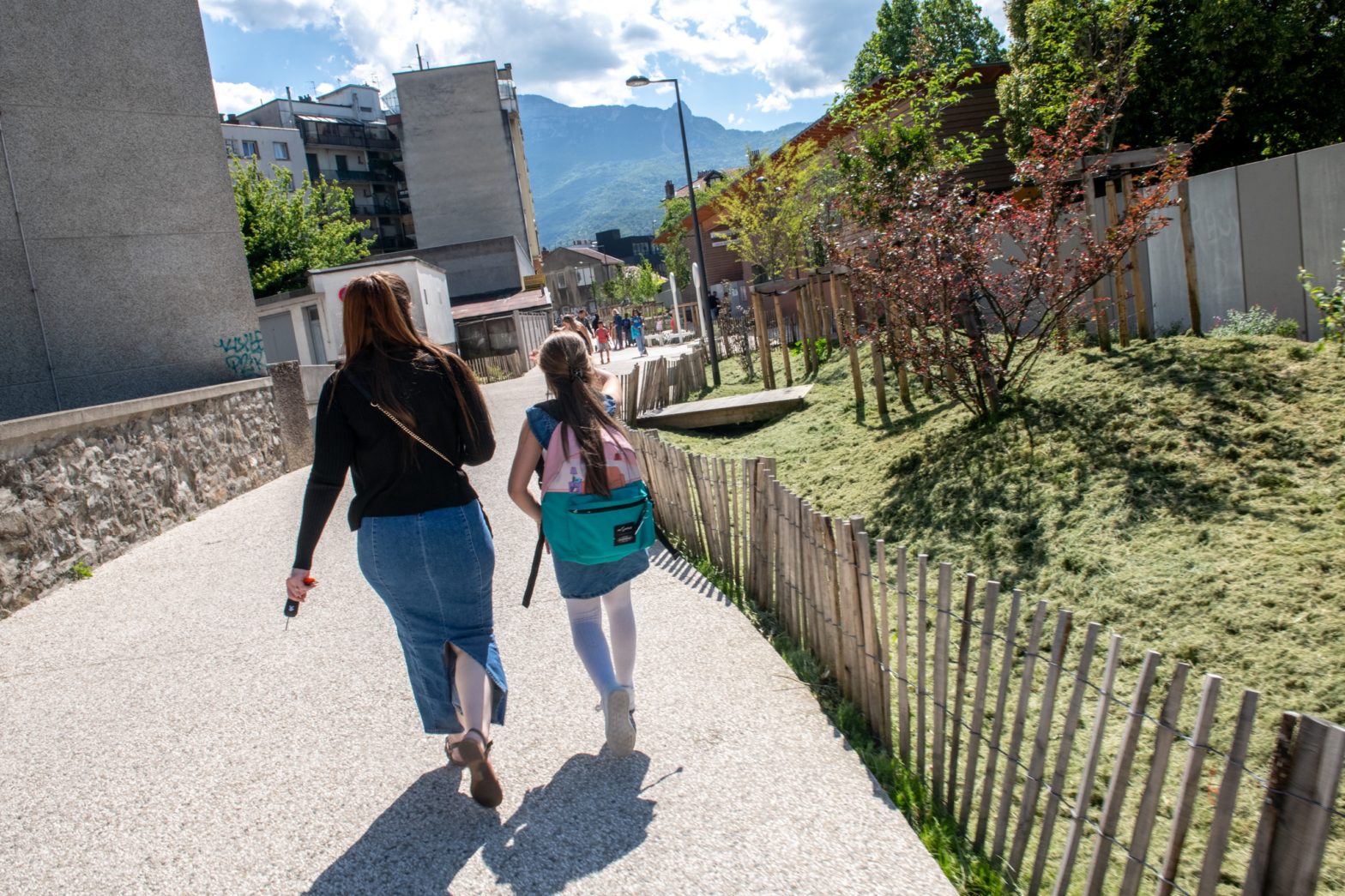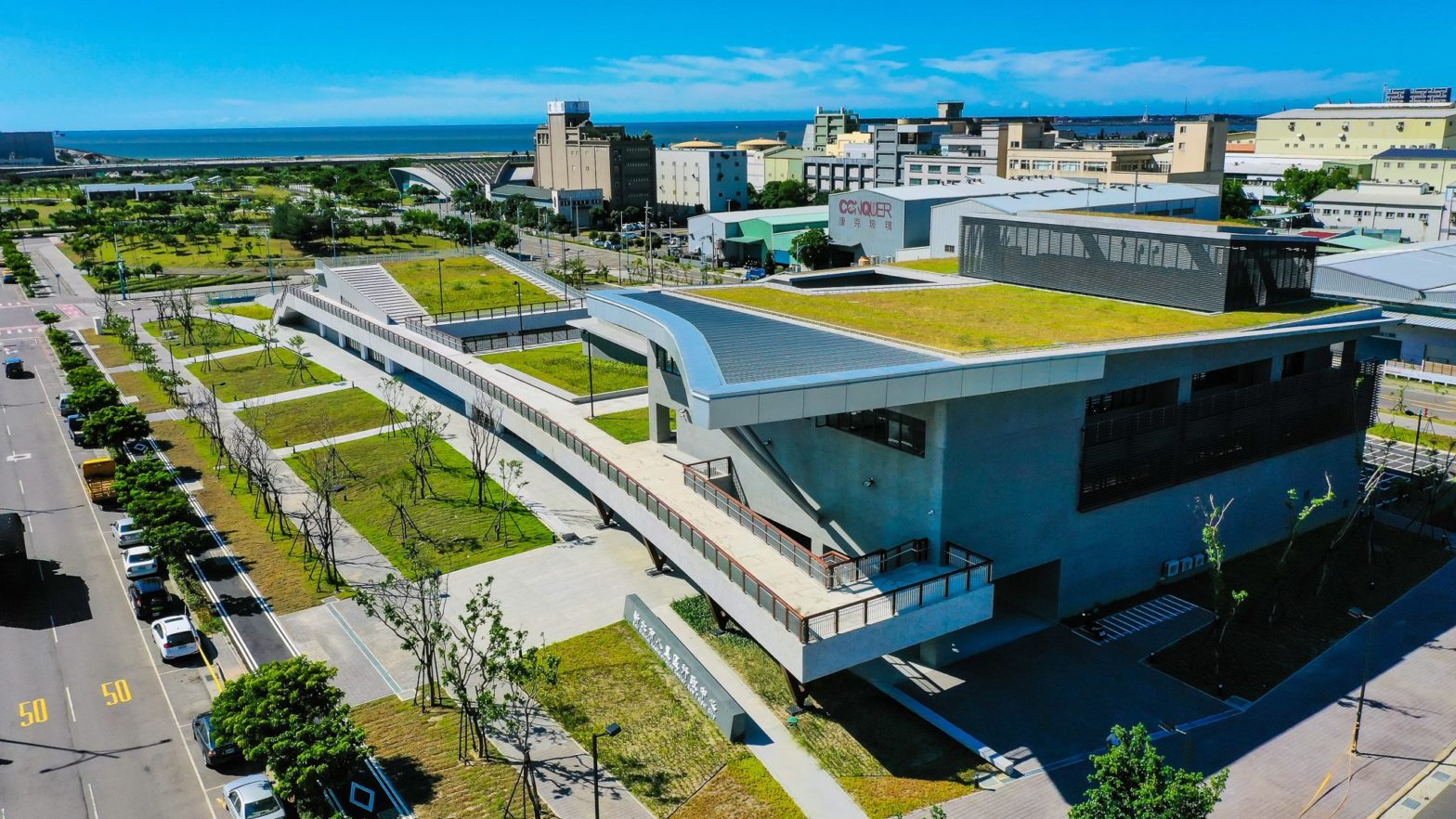
Photo: New Taipei City Government
Becoming a net zero city: Bali, New Taipei City
16 November 2022
As part of one of the most vulnerable countries in the world, cities in Taiwan are taking innovative interventions to tackle climate change. New Taipei City, with the largest population and highest number of registered enterprises and factories in Taiwan, is one of the first metropolises in East Asia to announce a Voluntary Local Review (VLR) and pledge to go net zero by 2050.
Recognising that the city is facing overlapping global crises, Mayor Hou Yu-Ih signed the Climate Emergency Declaration in 2019 to join major international cities in combating climate change and set a target to reduce carbon dioxide emissions by 30 percent by 2030.
In the face of challenges brought about by climate change and an ageing built environment, the city has been proactively investing in a series of pilot programmes aiming to facilitate its transformation towards net zero – and one of them is the Bali Net Zero Zone 2030.
First net zero zone in Taiwan: Case study of Bali
The Bali District is located at the left bank of Danshui River estuary. The scenic view and cultural attractions make Bali a popular destination. With booming industrial and commercial development, Bali’s power requirements are expected to grow rapidly. Currently in Bali, 42 percent of greenhouse gas emissions come from industry, while residential/commercial and transportation are the other two major emitting sectors.
In 2021, Bali was designated as a net zero carbon zone, where decarbonisation strategies, technologies and innovative solutions are implemented and tested to boost energy transition in all sectors.
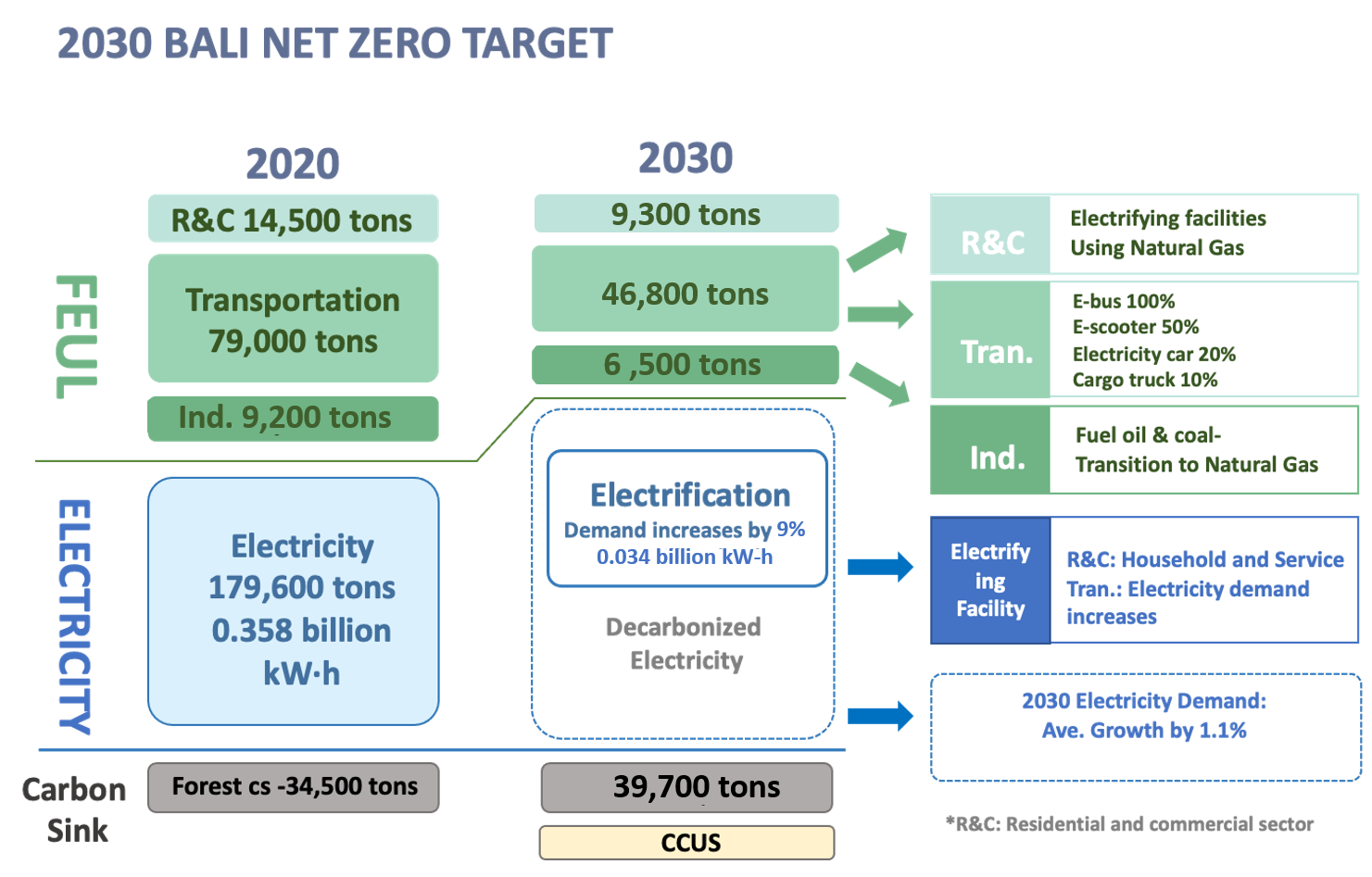
First stage: Quit coal and speed up energy transition to renewables
The city is committed to being coal-free by 2023 and stopped issuing new coal-use permits in 2016. In Bali, the city further introduced a smart energy management system and decarbonised fuel by using biofuel and hydrogen in the industrial sector. Companies in construction, manufacturing and port services in Bali have joined efforts and committed to using natural gas to replace coal and oil.
By setting standards on energy performance of industrial facilities like air compressors, heat pumps, ventilators, and combustion systems in Bali’s factories, the city identified the problems and provided consultations to improve the energy efficiency of local manufacturers.
To complete the roadmap to energy transition, the city has increased the construction of renewable power generation facilities using solar power, hydrogen and biogas. By 2030, the installed solar capacity in Bali is to reach 30WMh, and hydrogen generation technologies will be used widely in industrial processes to expedite decarbonisation.
Smart energy management
Using Artificial Intelligence of Things (AIoT), big data and cloud technology, smart energy management in building and transportation systems, with information visualisation, improves energy efficiency and enables end-users to control their energy consumption.
For public buildings, a mandatory and full disclosure of energy consumption helps the city to tailor the best available energy-saving and retrofitting measures.
For privately owned buildings, the city collaborates with key real estate agencies to disclose energy consumption data from community public facilities on housing trading platforms, facilitating the transition of the real-estate market to net zero goals. In Bali, smart building energy management systems are installed in 45 communities, leading to a 1.5 percent saving in electricity consumption.

The city also invests in public transportation and electrification infrastructure, including the expansion of light-rail routes and charging stations. In Bali, ‘green transportation management zones’ are designated to reduce the travel mileage of fuel-powered vehicles, making local communities safer and friendlier for green modes of mobility.
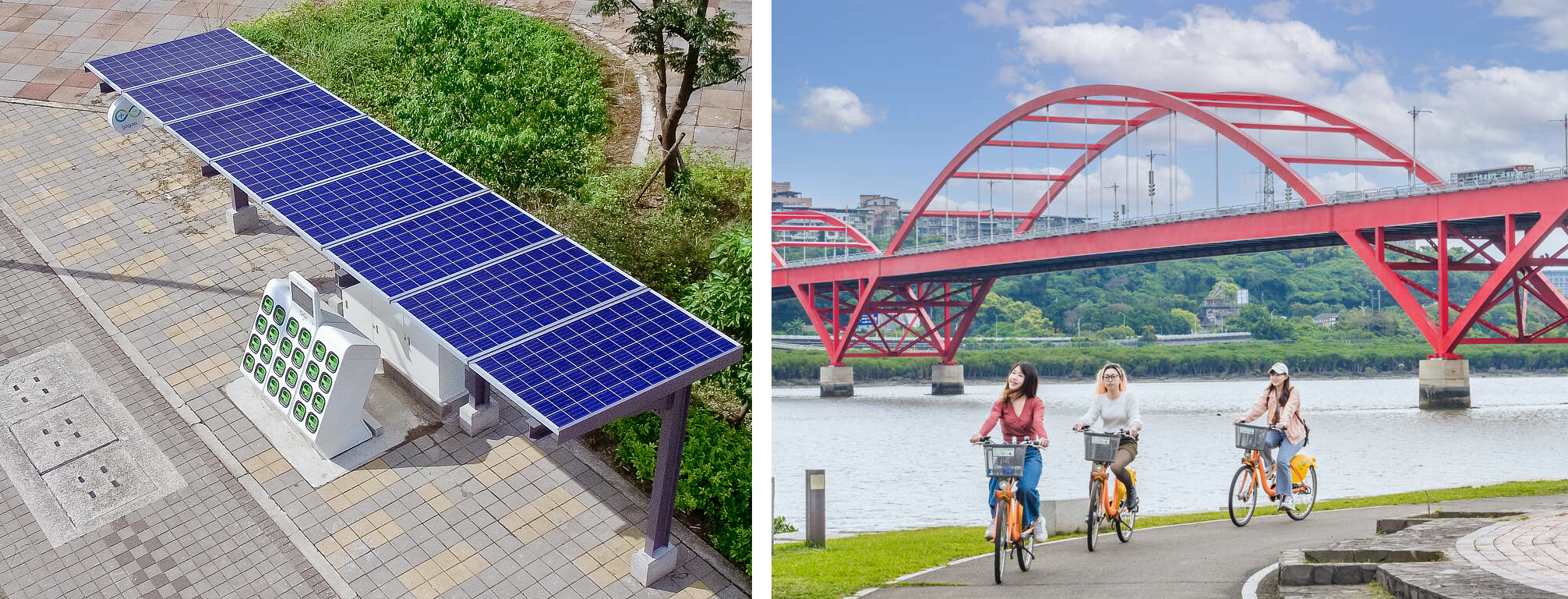
Right: Bike lane at Bali Left Bank
Collaborate to strengthen climate governance
On the path to becoming a net zero city, New Taipei City is not only dedicated to reducing emissions with cross-sectoral efforts, but also realises the importance of public-private collaboration to strengthen climate governance, with business owners, community representatives and residents.
Bali is the starting point of New Taipei City’s first mile to net zero emissions. There will be more challenges lie ahead, but the city has demonstrated its ambition and determination in pursuing net zero targets.
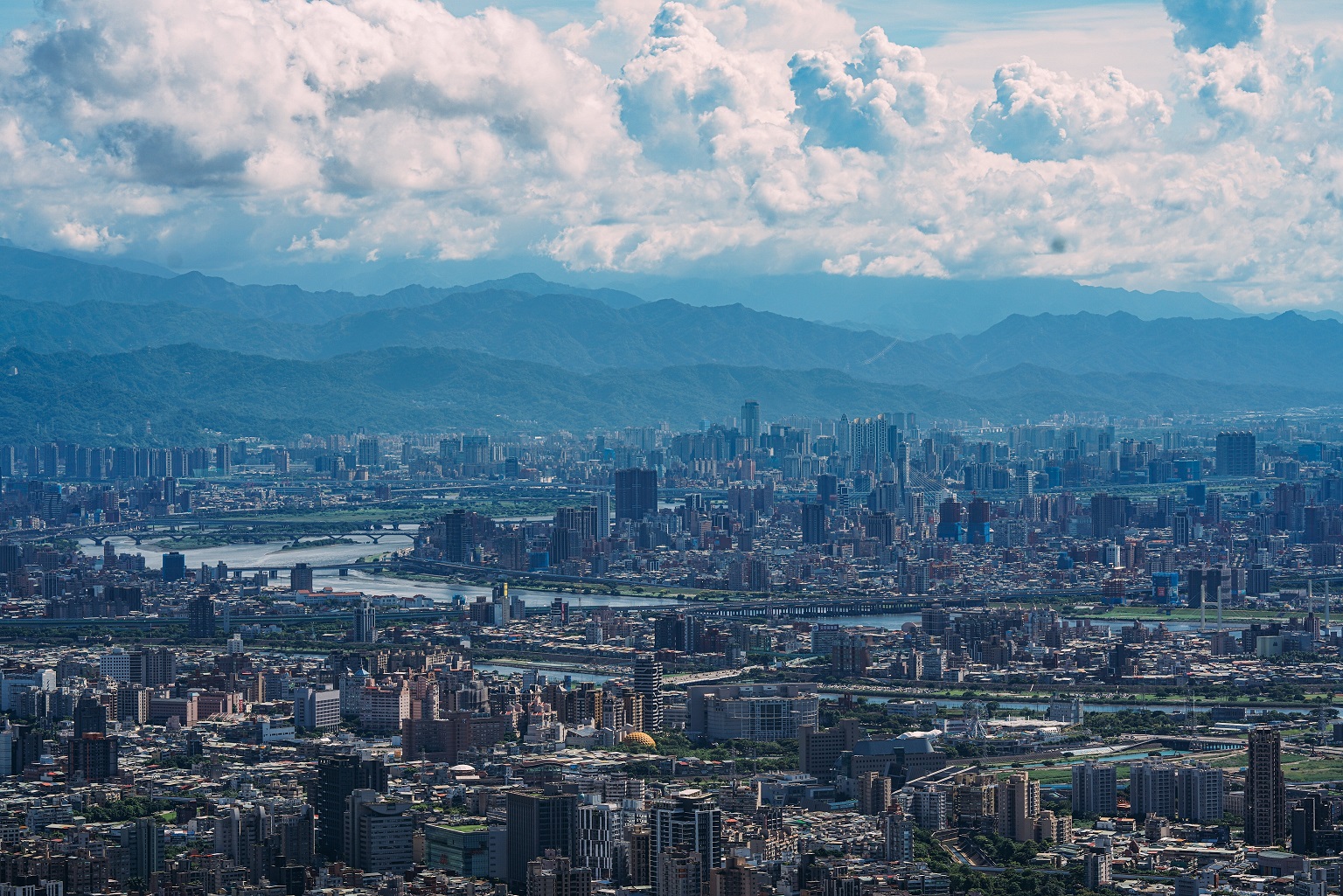
Brought to you by:



